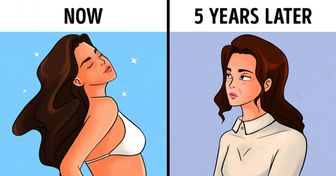I Tracked My Daughter’s Phone and Discovered a Disgusting Secret

Vitamin D often holds a more significant role in our well-being than we might realize. Beyond its commonly known association with bone health, emerging research has shed light on its multifaceted importance.
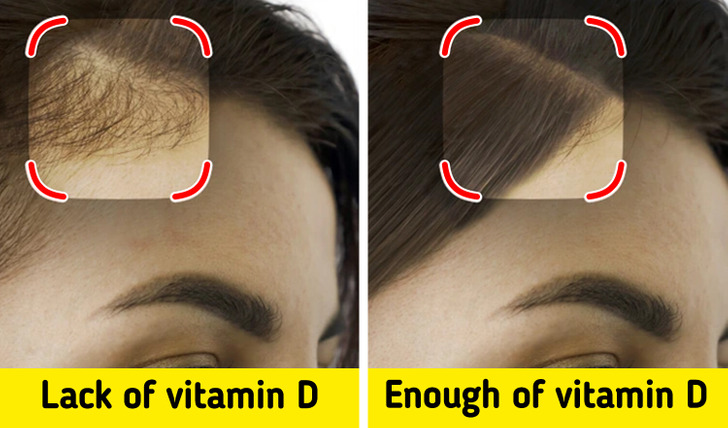
When your body doesn’t get enough vitamin D, it can affect your hair. The cells that play a role in your natural hair growth cycle, called keratinocytes, face difficulties in doing their job.
Having lower levels of vitamin D seems to make the phase when your hair grows shorter, and the resting phase longer. Also, the layer under your skin that supports your hair, called the dermic layer, becomes weaker, making your hair more likely to fall out.
Not having enough vitamin D is also connected to certain health conditions, like alopecia areata. This condition causes small bald patches on the scalp and sometimes the beard.
Vitamin D is an important vitamin for your health, especially for your skin. Your skin has cells called keratinocytes, which make up the outer layer called the epidermis.
These keratinocytes are special because they are the only ones in your body that can turn a precursor called 7-dehydrocholesterol into a form of vitamin D that your body can use.
Vitamin D does a lot for your skin — it helps with the barrier function, helps your skin cells grow, and supports the immune system in your skin, which is like a shield against harmful germs.
Some studies have found that not having enough vitamin D in your blood is linked to skin problems like eczema and psoriasis, both of which can make your skin dry. Taking vitamin D supplements can also make a big difference in improving symptoms of skin issues like eczema, making the skin less dry and itchy.
Research also shows a connection between vitamin D and how moist your skin is. So, keeping your vitamin D levels in check can be good for your skin’s health.
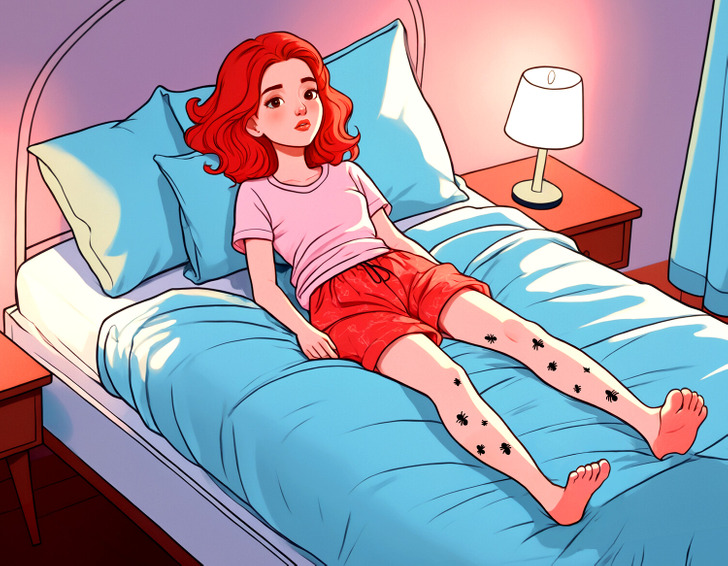
If your body doesn’t have enough vitamin D, it might lead to low levels of calcium in the blood. When this happens, you might experience sensations like “pins and needles.” These feelings can be a signal that something isn’t quite right with the balance of essential minerals in your body. Ensuring an adequate intake of vitamin D is crucial not just for bone health but also for maintaining proper levels of calcium, preventing discomfort and unusual sensations.

Not having enough vitamin D can increase the chance of losing muscle strength as you get older, according to a new study. The research looked at data from over 3,200 people aged 50 and above who didn’t have muscle weakness before. The study, which spanned four years, measured vitamin D levels through blood tests at the beginning and categorized them as enough, not quite enough, or not enough at all. After four years, researchers checked the participants’ grip strength as a way to see how strong their muscles were overall. This matters because losing muscle strength as you age is a big risk of falling, so having enough vitamin D is important for staying strong and preventing accidents.

A lack of Vitamin D can manifest in a dull complexion, showcasing various visible signs. When your body lacks this essential vitamin, your complexion may take on a slightly greyish tone, and your skin might not feel as plump or supple as it usually does. Additionally, you might notice the presence of darker under-eye circles.
This is attributed to the fact that Vitamin D plays a crucial role in the regeneration of skin cells, ensuring they renew and remain healthy. Without an adequate supply of Vitamin D, the skin’s natural ability to rejuvenate is compromised, leading to these noticeable changes in appearance. Therefore, maintaining sufficient levels of Vitamin D is not only essential for overall health but also contributes significantly to maintaining vibrant and healthy-looking skin.
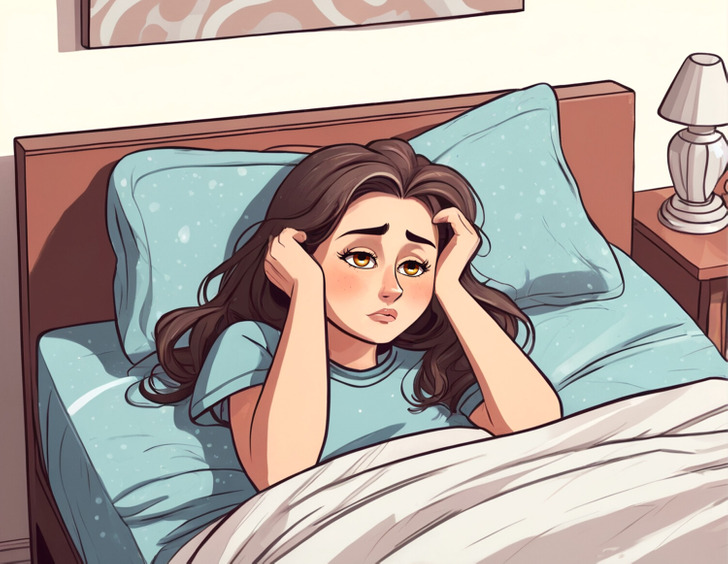
Not having enough vitamin D is connected to feeling sad and can also mess up your sleep. Vitamin D affects chemicals in your brain, like serotonin and melatonin, which help with mood and sleep. Some research even says that vitamin D is part of how your body makes melatonin, the hormone that keeps your body’s daily rhythm in check and helps you sleep well. So, having the right amount of vitamin D can be good for your mood and help you sleep better.
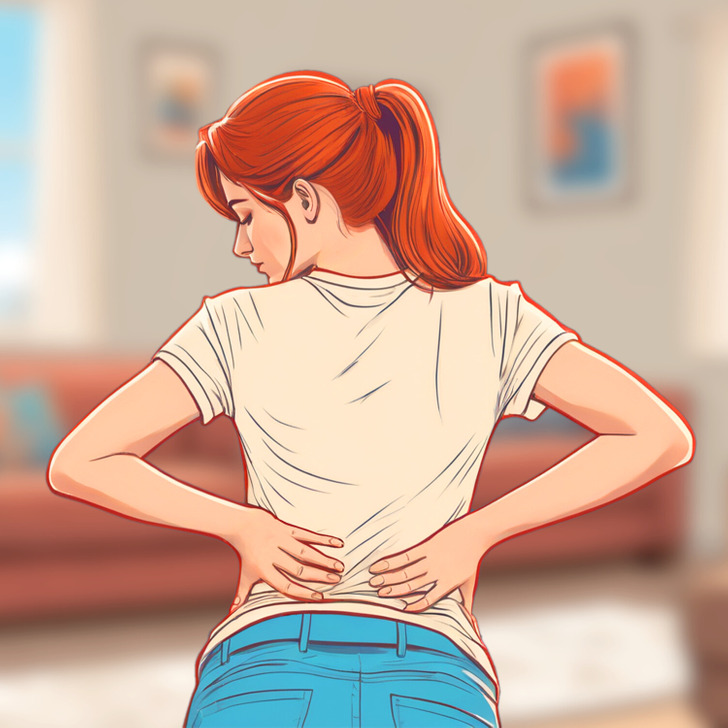
Vitamin D is good for your bones because it helps your body soak up calcium. If you don’t have enough vitamin D, you might feel pain in your bones and lower back.
A study in 2018 looked at 81 other studies and found that people with arthritis, muscle pain, and ongoing body pain usually had less vitamin D than those without these issues.
Also, in 2018, a study with 98 adults who had lower back pain discovered that those with lower levels of vitamin D tended to have more intense pain. However, in 2017, a big study found that not all studies agreed on this connection between vitamin D and back pain.
Regular monitoring of vitamin D levels and ensuring sufficient intake through sunlight exposure, diet, or supplements can contribute significantly to overall health and prevent a range of potential health complications.


